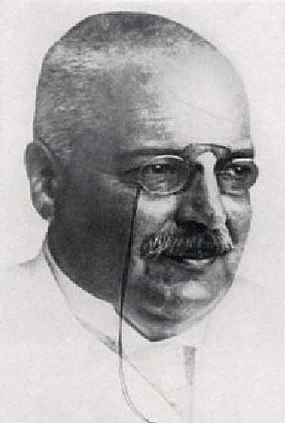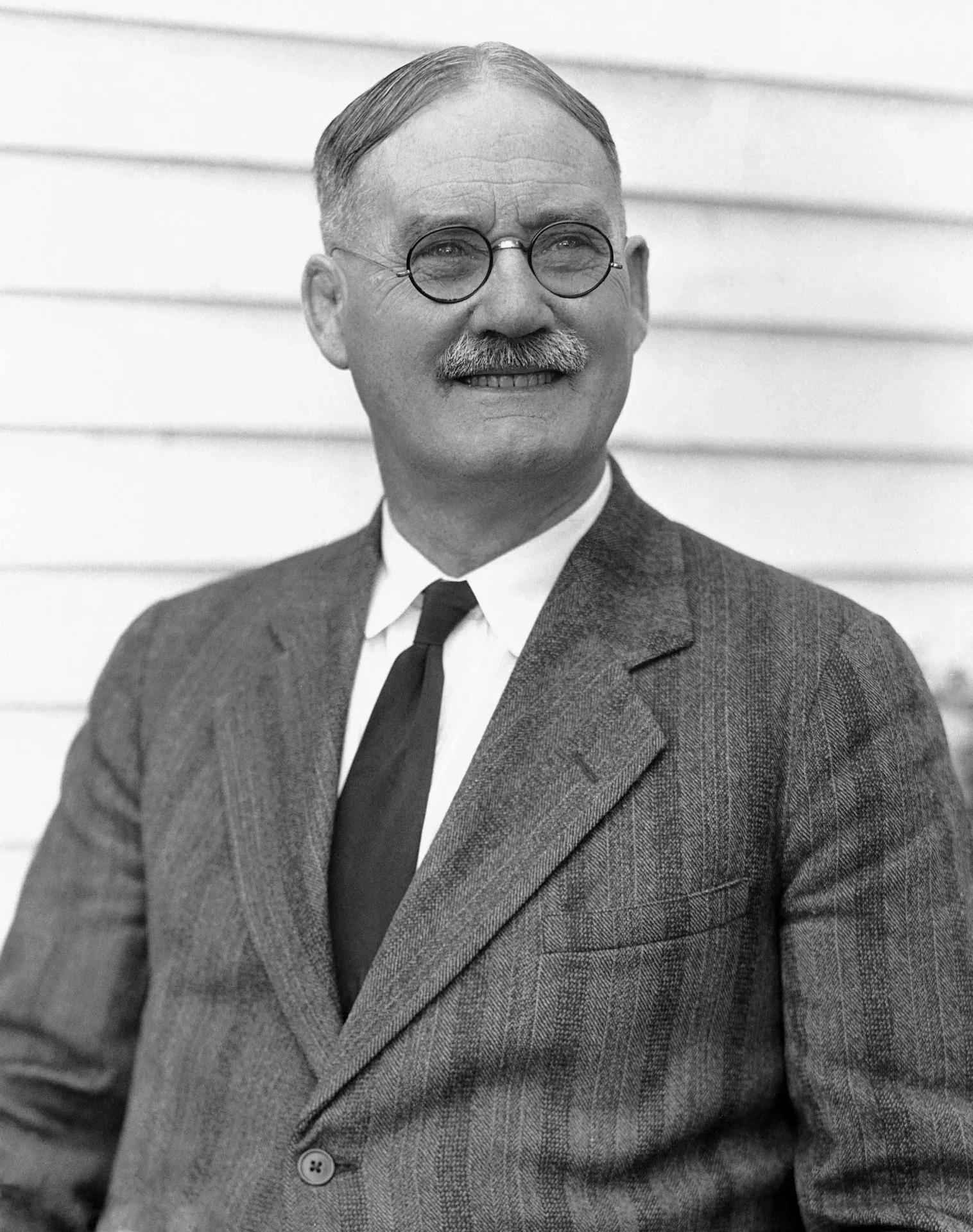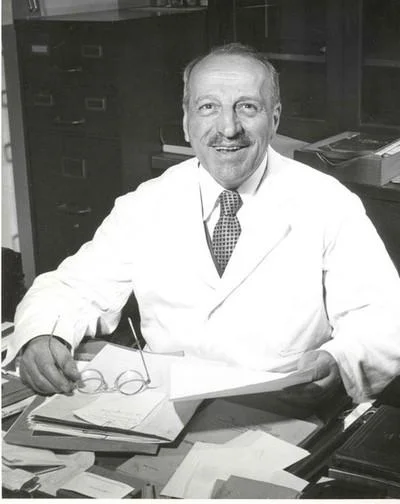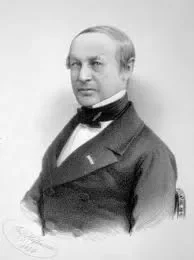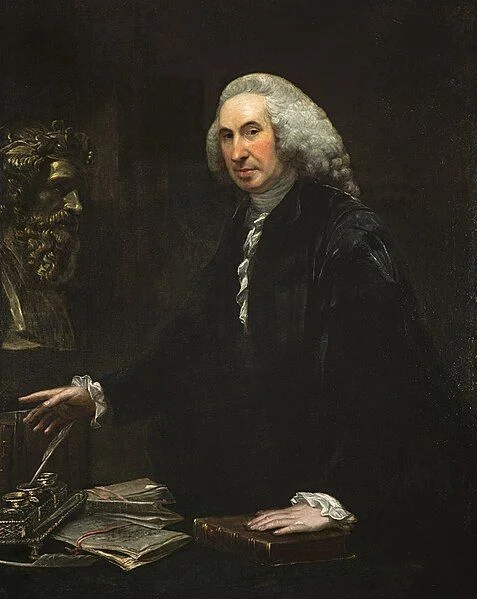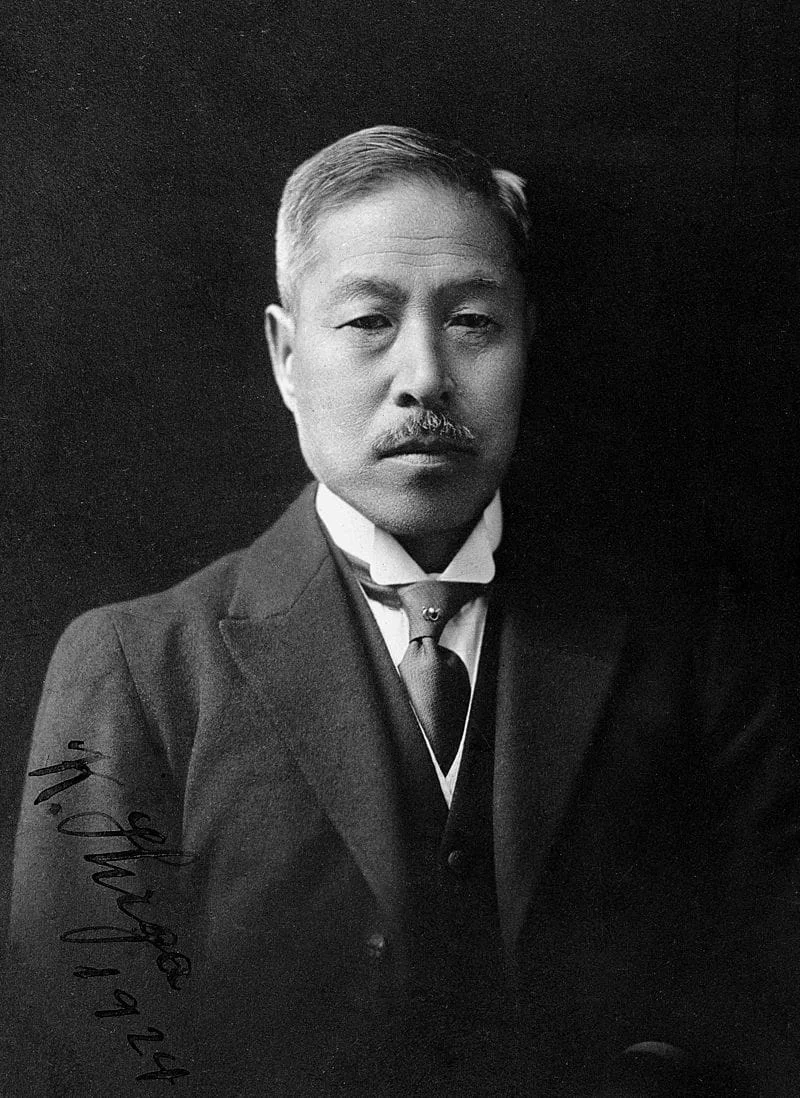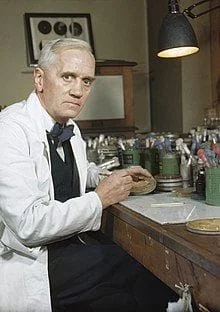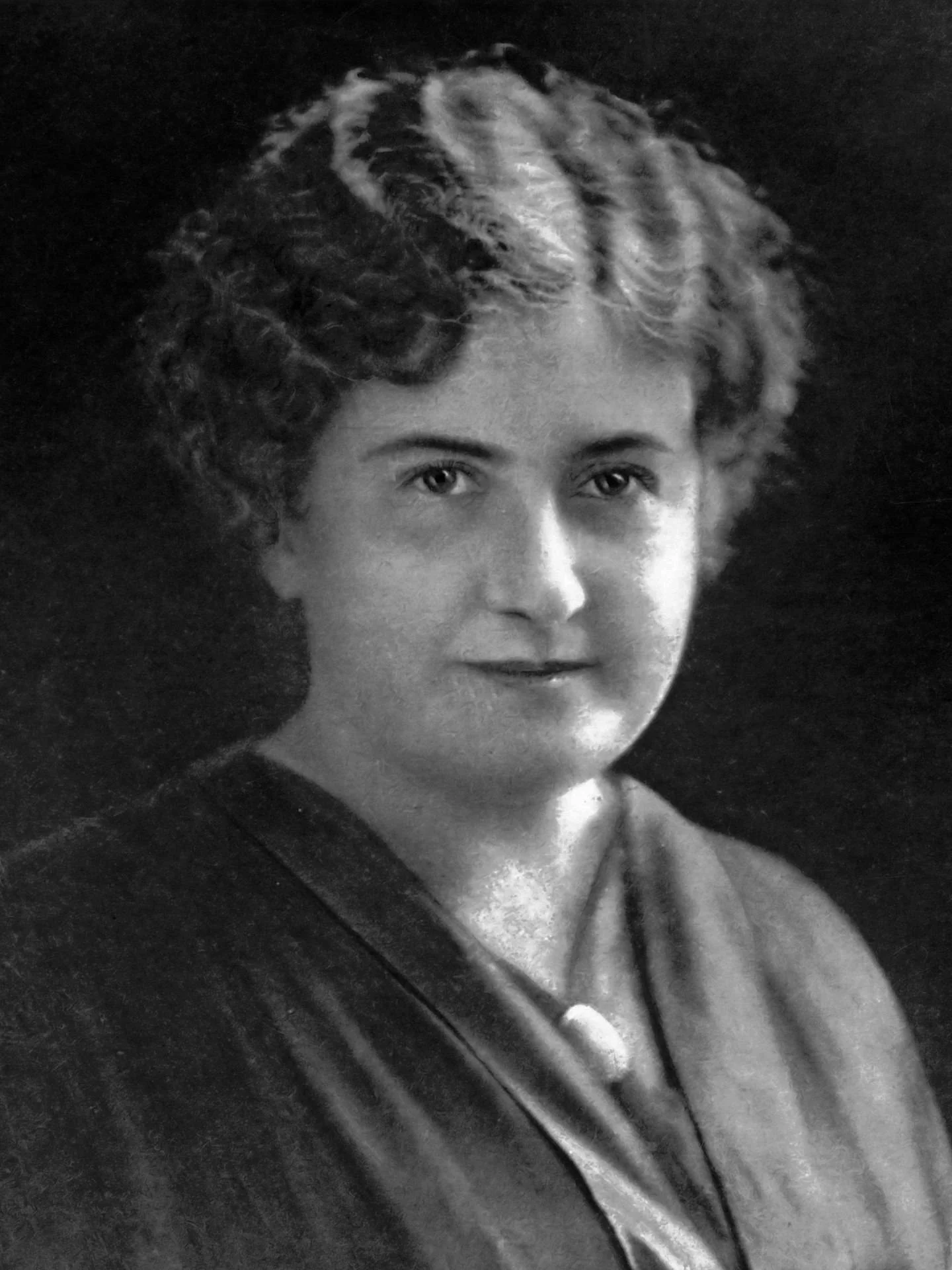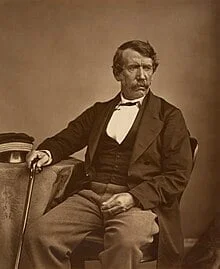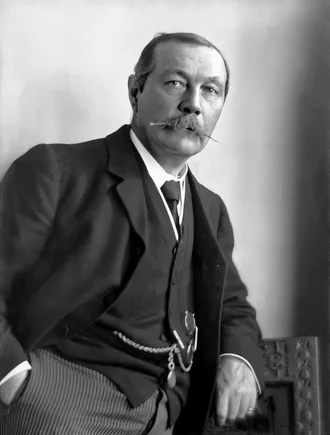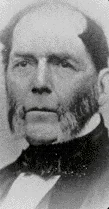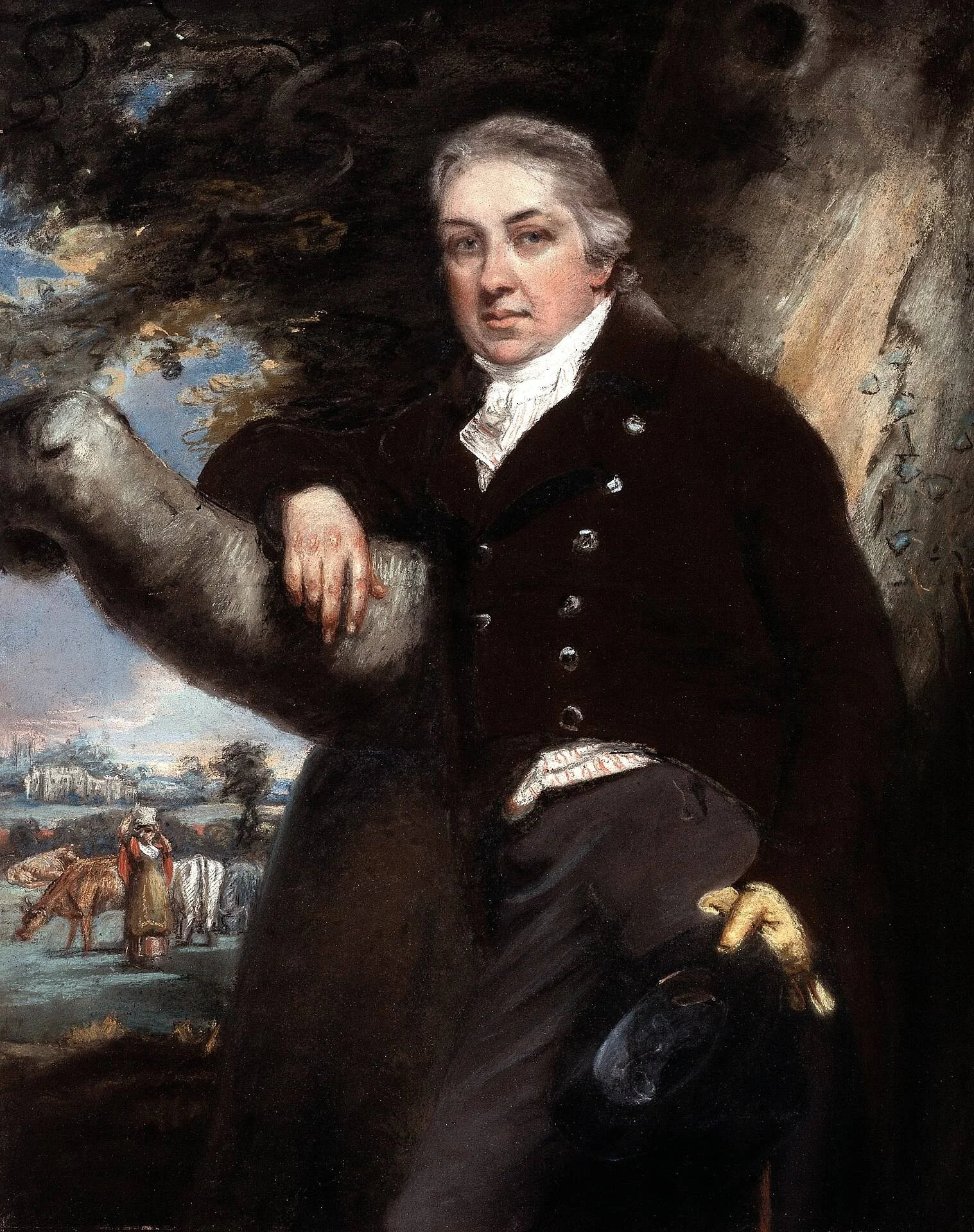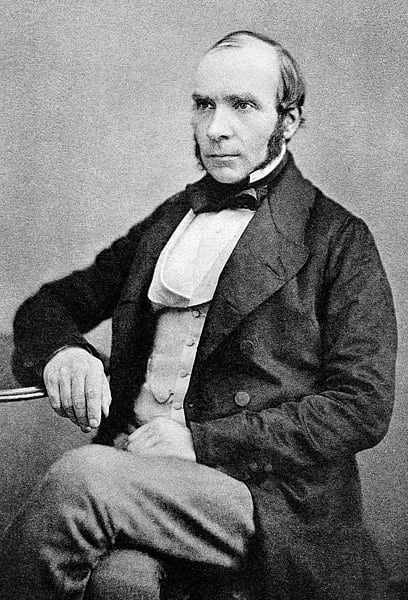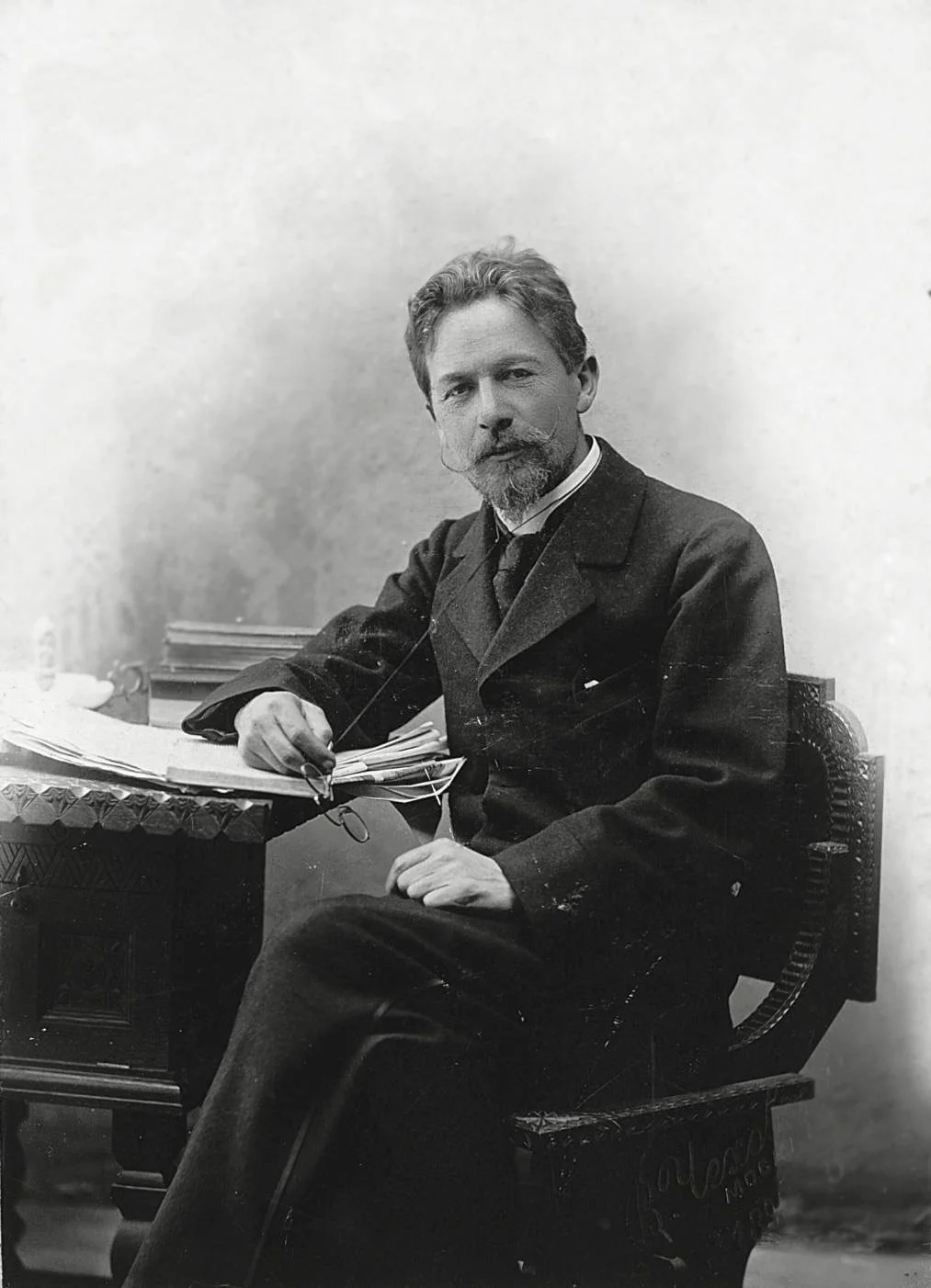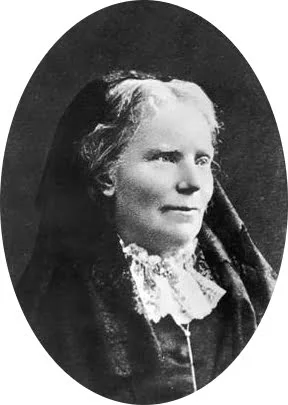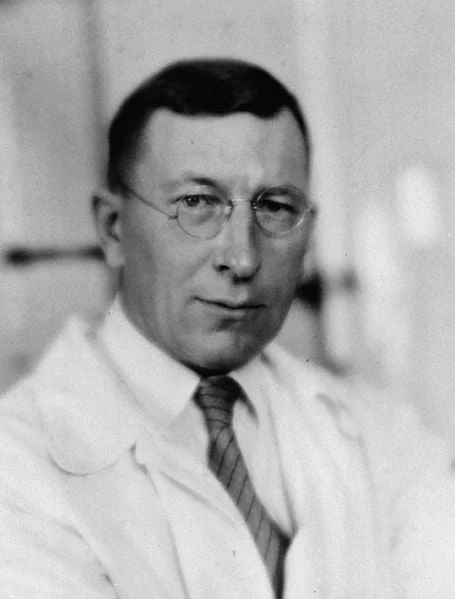Real Celebrities Never Die!
OR
Search For Past Celebrities Whose Birthday You Share
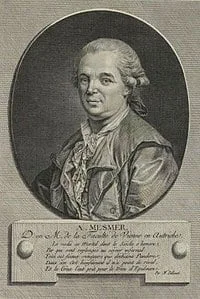
source:wikimedia.org
Franz Mesmer
Birthday:
23 May, 1734
Date of Death:
05 Mar, 1815
Cause of death:
Stroke
Nationality:
German
Famous As:
Physician
Age at the time of death:
80
Franz Mesmer's Quote's
Early Life and Education
Franz Anton Mesmer was born on May 23, 1734, in Iznang, Germany, into a family with a background in traditional medicine. Growing up in this environment fostered his interest in healing. Initially, he pursued theology at the University of Ingolstadt in Bavaria, but later, Mesmer shifted his focus to medicine. In 1766, he received his medical degree from the University of Vienna. During this time, he became intrigued by the concept of magnetism and its potential for healing.
The Development of Animal Magnetism
Mesmer’s most notable contribution was the development of “animal magnetism,” later known as “mesmerism.” He believed that an invisible magnetic fluid flowed through all living beings and could be harnessed for therapeutic purposes. Mesmer’s techniques included the use of magnets, hand passes, and even group sessions with magnetized water. His idea was that manipulating this magnetic fluid could restore balance and harmony in the body, alleviating various ailments.
Popularity and Methods
As Mesmer’s methods gained attention, people from across Europe sought his treatments. In 1778, he relocated to Paris, where he established a clinic and conducted public demonstrations. These showcases often involved patients who exhibited trancelike states after being mesmerized. His charismatic personality and dramatic presentations helped popularize his techniques, though they also attracted skepticism from the scientific community.
Mesmer’s Controversial Theories
Mesmer hypothesized that health depended on the harmonious flow of magnetic fluid in the body. When this fluid became obstructed or imbalanced, illness resulted. This theory became the basis for his therapeutic practices. Despite attracting a devoted following, many scientists and medical professionals questioned the validity of his ideas. Some supported the effectiveness of his methods, while others dismissed them as pseudoscience.
Fame and Opposition
In Paris, Mesmer treated several high-profile individuals, including Marie Antoinette, the Queen of France. His successful treatment of her hysteria symptoms brought him further recognition. However, despite his growing fame, Mesmer’s techniques faced intense criticism. The medical community in France eventually discredited Mesmerism in 1785, forcing him to leave the country.
Later Life and Personal Details
In 1801, Franz Mesmer married Maria Anna von Posch, a wealthy widow, and settled in Meersburg, Germany. He lived a quiet life there until his death on March 5, 1815. Though his methods were controversial, Mesmer remained committed to his work until the end of his life.
Legacy and Influence
Franz Mesmer’s legacy extended far beyond his lifetime. His work heavily influenced future researchers and practitioners in the field of hypnosis and psychology. His ideas helped lay the foundation for therapeutic hypnosis and contributed to the modern understanding of psychosomatic medicine. Mesmer’s exploration of the power of suggestion in healing opened new pathways in the treatment of psychological conditions.
Conclusion: A Lasting Impact
Franz Mesmer’s life and work, though controversial during his time, left a lasting mark on the fields of hypnosis and healing. His theories of animal magnetism paved the way for future breakthroughs in the understanding of the mind-body connection. Today, his work is remembered as a crucial step in the development of therapeutic hypnosis and the study of psychological healing.
Name:
Franz Mesmer
Popular Name:
Franz Mesmer
Gender:
Male
Cause of Death:
Stroke
Spouse:
Place of Birth:
Iznang, Bishopric of Constance
Place of Death:
Meersburg, Baden
Occupation / Profession:
Personality Type
Advocate: Quiet and mystical, yet very inspiring and tireless idealists. He believed that all illnesses was due to the disruption of the flow of the magnetic fluid in the body and correcting the flow will restore health. He worked on this concept till the end.
Despite being discredited by the scientific community, Mesmer's work laid the foundation for the modern practice of hypnotism and influenced the development of psychotherapy.
He commissioned a 12-year-old Wolfgang Amadeus Mozart to write the operetta "Bastien und Bastienne," which was performed in Mesmer's private theater
His name became the origin of the English verb "mesmerize," reflecting the powerful influence he had on his patients and followers.
Mesmer coined the term "animal magnetism" and developed a theory that an invisible magnetic fluid in the body could be manipulated to cure diseases.
Mesmer's practices were investigated by a royal commission that included Benjamin Franklin and Antoine Lavoisier, who concluded that his treatments were based on imagination rather than magnetism.
His name has become a verb -mesmerize – in everyday use’

